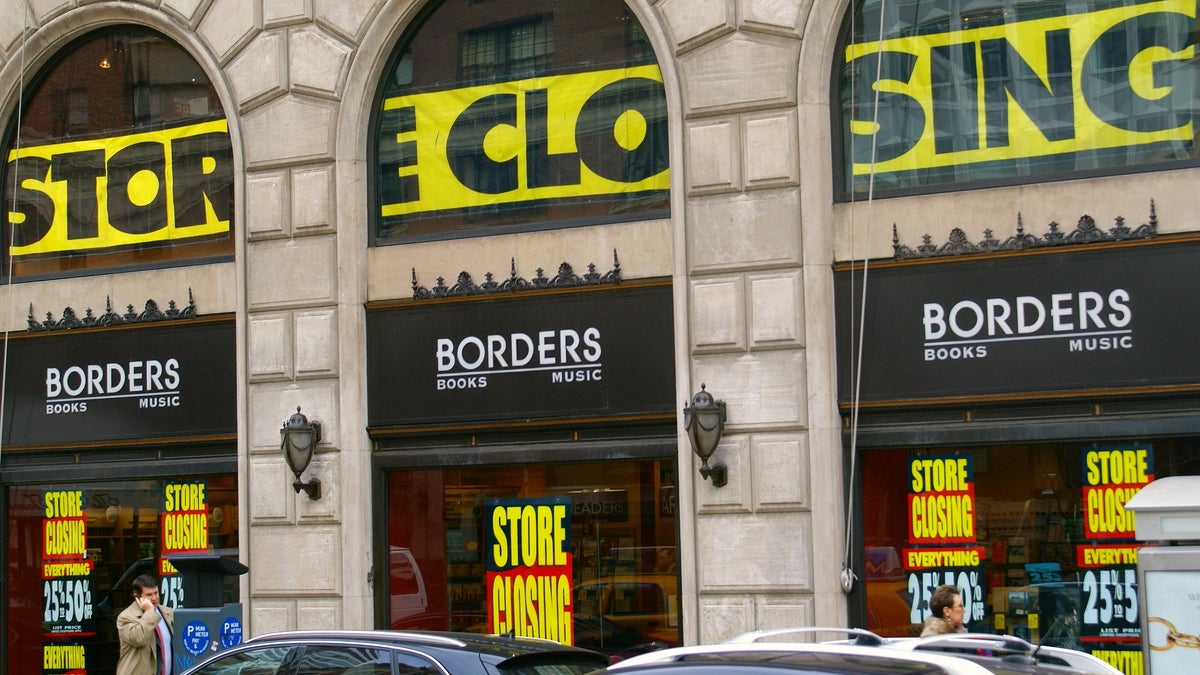DOJ, please don't let up on Apple, book publishers
<b>commentary</b> Consumers are the winners when a court rejects the argument that price fixing is OK because Amazon is discounting everyone out of business. Fear is not an excuse to price-fix.

It's not wrong for retailers to discount books, and losing market share to a competitor is no excuse to fix prices or cheat consumers.
That's the message U.S. District Court Judge Denise Cote sent yesterday to Apple and the country's top book publishers, as well as e-book retailers.
In April, the Department of Justice filed suit and accused five of the country's largest book publishers of conspiring with Apple to raise e-book prices. Soon after, the DOJ reached a settlement agreement with three of the accused publishers. For months, the book industry attacked the settlement, but Cote yesterday approved the agreement.
Of the five accused publishers, three settled: News Corp.'s HarperCollins Publishers, Lagardere SCA's Hachette Book Group, and Simon & Schuster (owned by CBS, which publishes CNET). The publishers who settled agreed to allow e-book merchants to discount prices for a minimum of two years. They also agreed to revoke a contract with Apple in which they guaranteed that iBookstore would offer the lowest or at least match the lowest price found anywhere on hardcover new releases.
Apple and Pearson's Penguin Group and Verlagsgruppe Georg von Holtzbrinck's Macmillan Publishers have denied wrongdoing and will take their case to court next June. From a competitive standpoint, it doesn't much matter now. The case is largely over. Apple and the publishers could spend years fighting and all the while Amazon will likely have reclaimed the market share it possessed before 2010.
That was the year the government claims Apple and the accused book publishers set their plan in motion.
In her 45-page decision, Cote rejected the arguments made by Apple and practically everyone else connected to the book industry. Critics of the settlement claimed that the government got it wrong and that Amazon is the real threat to consumers. The Web's largest retailer, the argument goes, is willing to discount and take a loss on book sales so it can kill off competition and seize control of the e-book market.
In a legal brief, the Authors Guild recently asked the court to reject the DOJ's settlement because it would result in low-cost pricing for e-books that will "drive trade out of traditional bookstores and into the proprietary world of the Kindle."
The DOJ filed a response to the Authors Guild on Wednesday and the core of its argument was this: "Fear of competition is not a defense to price fixing."
That's a very simple concept that most people outside of the book industry seem to understand. Just because Amazon is making it hard to compete doesn't give powerful publishers the right to huddle in some backroom -- with Apple's cooperation -- and shape the competitive landscape to suit them.
The DOJ said that this is precisely the kind of behavior the Sherman Antitrust Act was designed to prevent.
That was then, this is now
No doubt hardliners in the publishing world will continue to beat the anti-Amazon drum. Consumers should be skeptical. There's a credibility problem -- while most of Amazon's critics say that they're trying to protect book buyers, it's hard to make that claim as they're advocating for higher prices.
And then there's this:
"Penny and Terry Davies of Santa Barbara, Calif., are organizing a protest for the booksellers association's Sunday membership meeting. They are urging independent booksellers to demand that the association take a strong stand against what they say are unfair discounts."
That protest wasn't aimed at Amazon. That protest was held in 1993 and it targeted Barnes & Noble and other large book stores. During that period, independent bookstores were accusing chain stores of predatory pricing, according to a story in the Miami Herald.
For years, indie booksellers accused the large chain stores of using their buying power to negotiate cut-rate deals from publishers and then passing the savings on to consumers. Just like now, they claimed this made it difficult to compete.
They predicted Barnes & Noble's discounting would kill competition. Fast-forward 19 years and indie book stores are still around. Barnes & Noble, which didn't have a problem with price competition back then, is now one of the most vocal opponents of Amazon's discounting.
As for the publishers, they didn't always seem as concerned about so-called predatory pricing or the threat of a shrinking retail market.
"I sympathize with the complaints of the smaller stores," Steven Schragis, then with Carol Publishing Group, told the Los Angeles Times in 1993. "Yet the move toward mass retailing in books is irreversible... it's the kind of anger that a neighborhood video store has for a new Blockbuster Video outfit. It seems unfair, but it's a fact of life."
Blockbuster Video? Later in the story, the author wrote that Wal-Mart and Tower Records were considered threats in their segments.
That's humorous, looking back nearly 20 years. Blockbuster and Tower were considered category killers. Many predicted they would drive out the little guy and ruin the industry. What actually happened is the Internet came along and those traditional brick-and-mortar behemoths collided with Netflix and Apple's iTunes.
The Internet services could distribute the same product more efficiently and for less money.
They also provided more convenience. So, Blockbuster and Tower went out of business but consumers benefited. That may not have happened if Blockbuster and the film studios had fixed prices.
There may not have been an iTunes had the music industry and Tower been allowed to conspire to shut out Apple.
Instead, Netflix and Apple were allowed to compete. And as Schragis said, competition is a fact of life.

